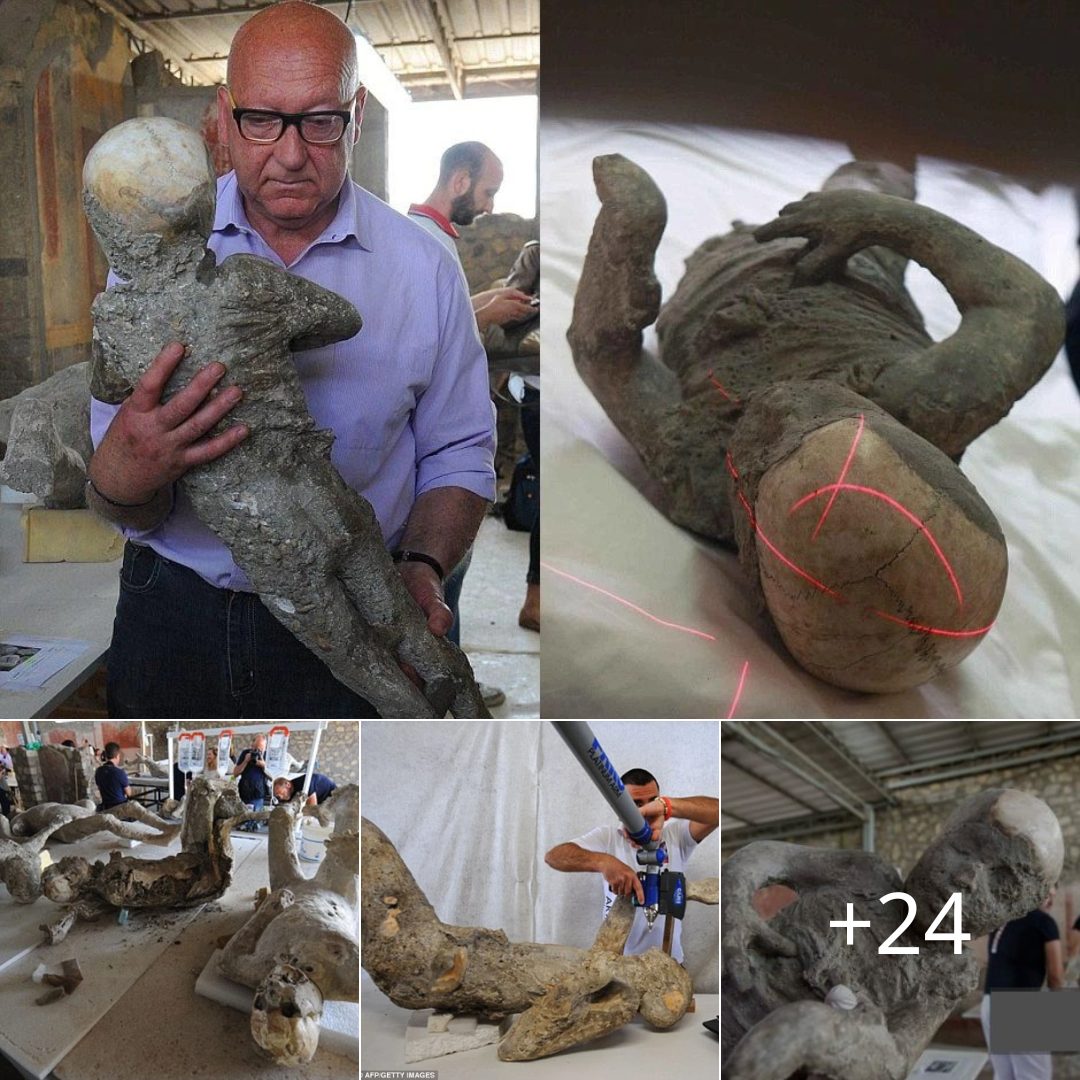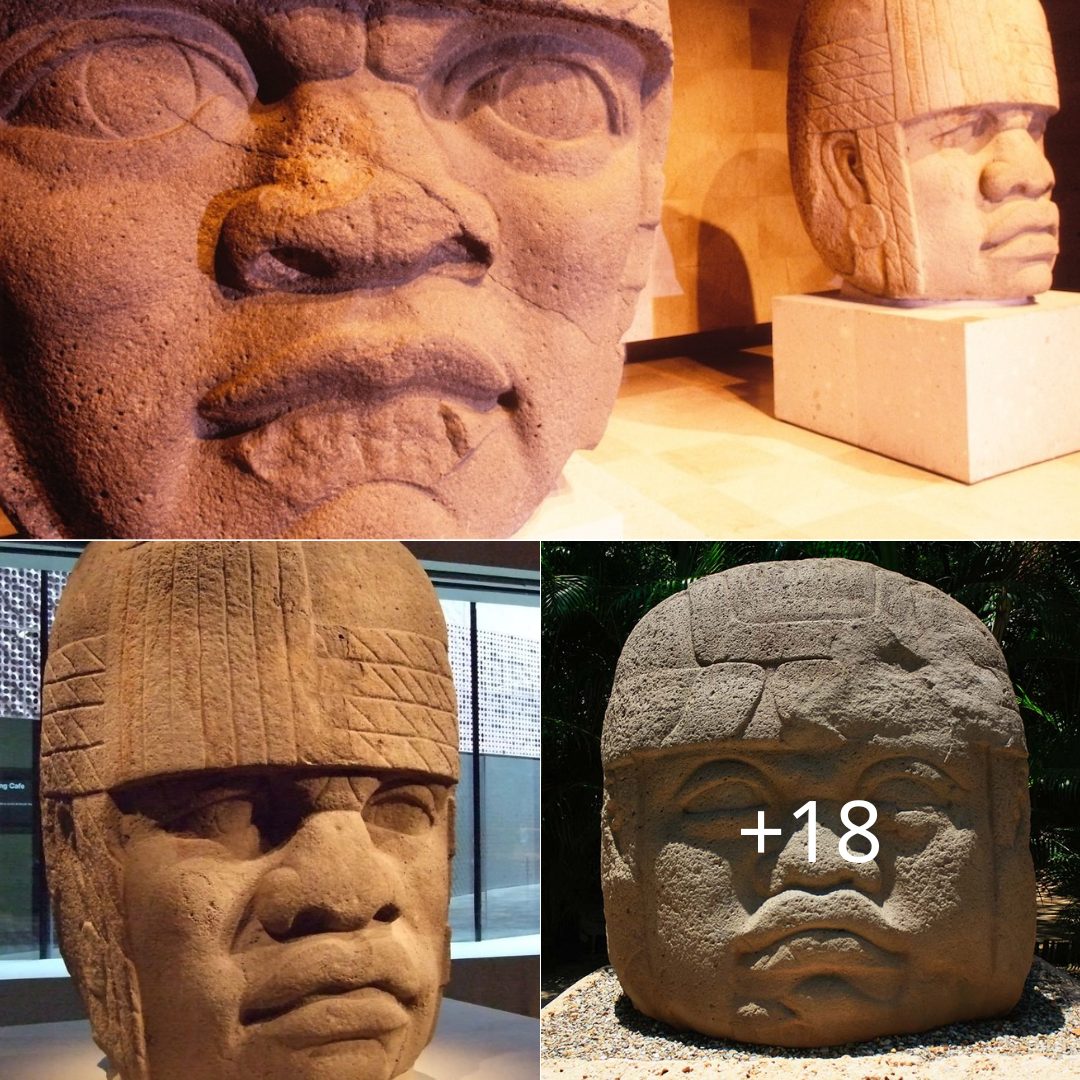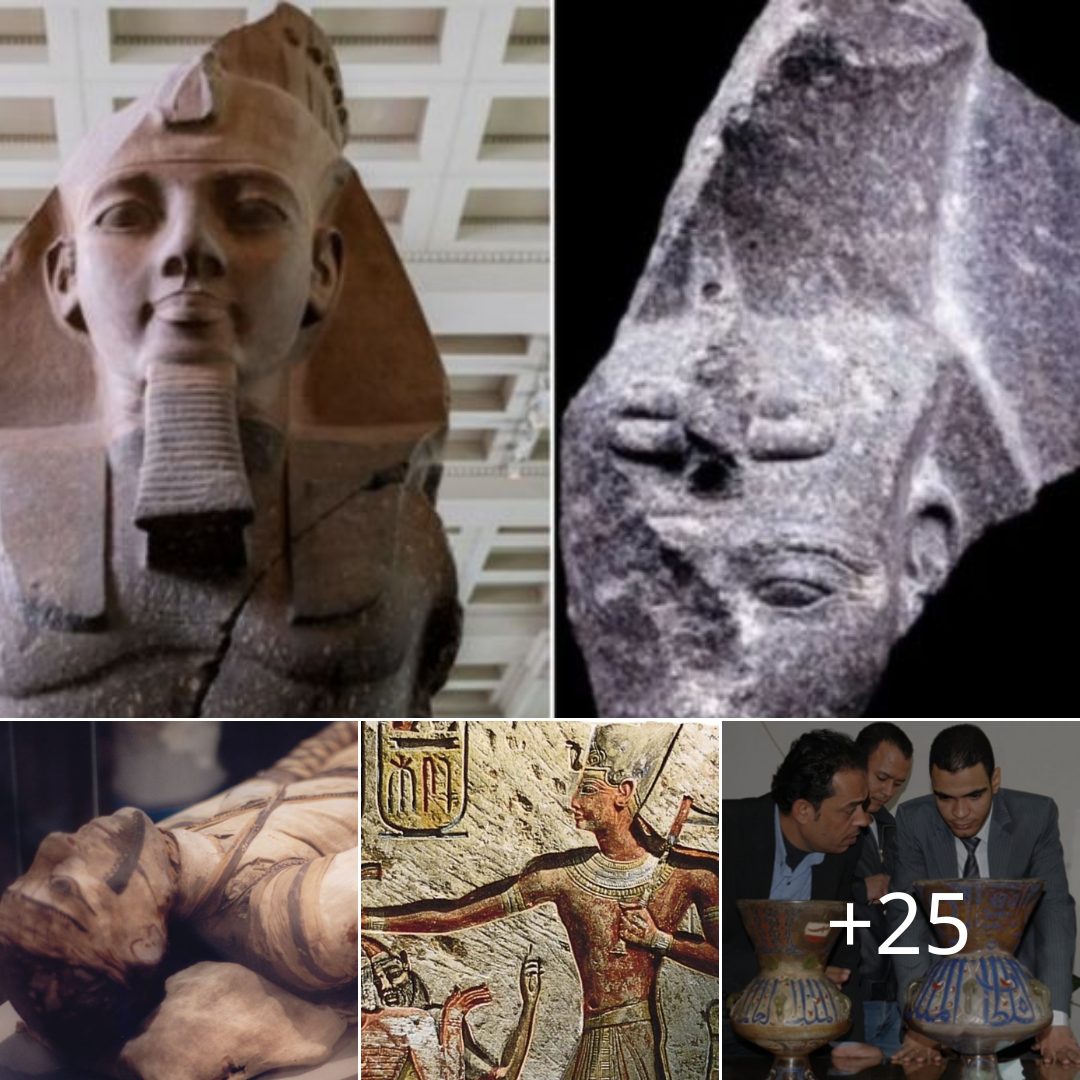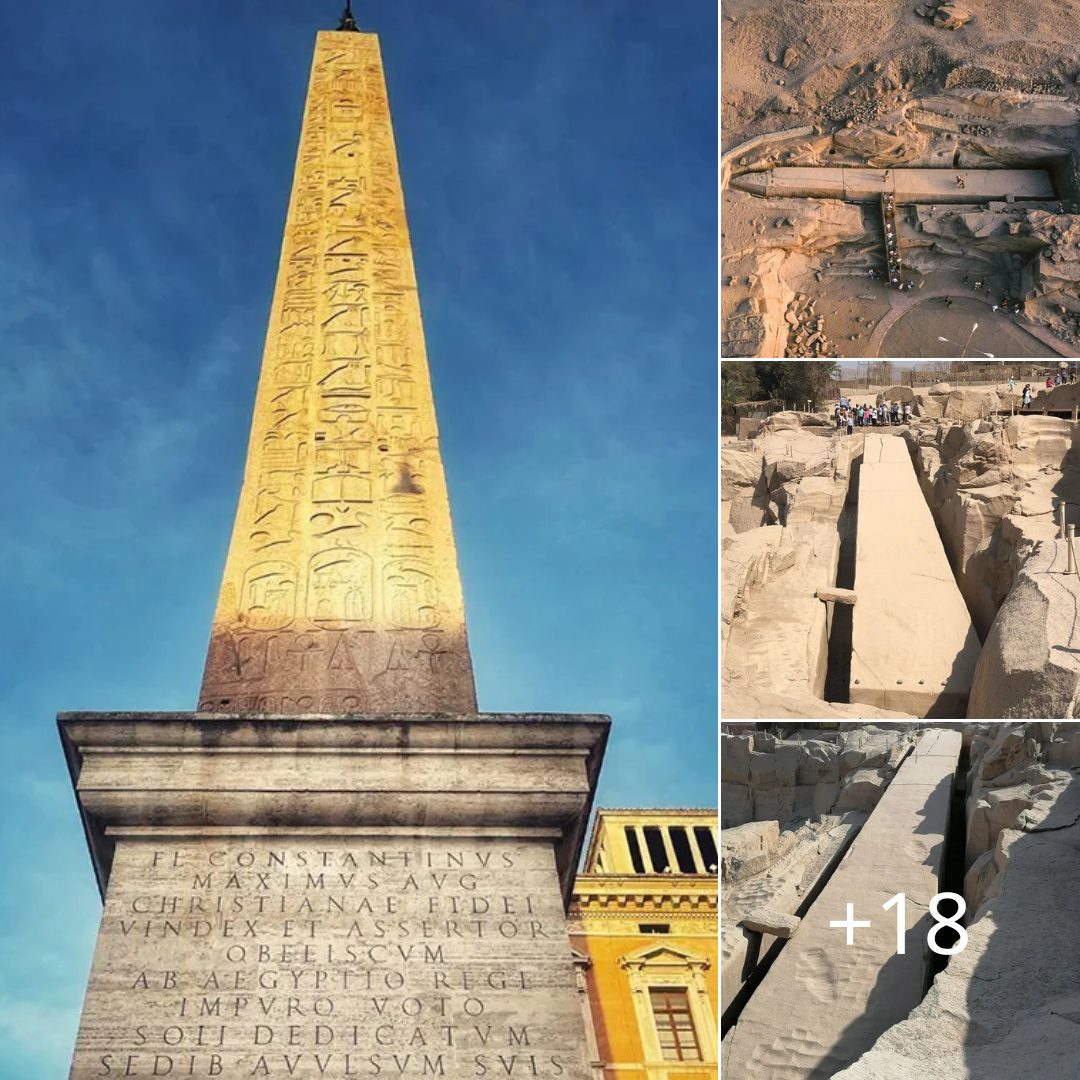Conny Waters – AncientPages.com – Ancient Bazira, also known as the city of Alexander the Great was established after the destruction of the lower city in the third century by a catastrophic earthquake.
The city was abandoned in the third century and lost to history. This has changed now as a group of Italian archaeologists has unearthed ancient ruins of Bazira in Brikot Swat, Pakistan.
View of the Bazira Barikot site. Credit: Dawn
“Archaeologists found not only the Hindu Shahi structure but also the traces of a small urban settlement and a citadel, which had been inhabited since the fourth century till the Ghaznavid time,” Dawn reports.
According to Dr. Luca Maria Olivieri, head of the Italian Archaeological Mission, “ the most important and evident remains of the citadel were a fire temple, a Hindu Shahi fortress or palace, both coeval to a Hindu Shahi temple discovered in 1988 on the top of the Ghwandai.”
Ancient Bazira was a big city and an important Buddhist site. Archaeological discoveries at the site also provide important historical information about the extinct Gandhara kingdom that lasted from around the sixth century B.C.E. to the eleventh century C.E.

Image credit: Photo by Aurangzeib Khan, Courtesy ACT/Italian Archaeological Mission
Following Alexander the Great’s invasion of north-western India, Gandhara became renowned for its fusion of Greek and Buddhist culture.
See also:More Archaeology News
Pakistan was the home of early Buddhism and it was important for Buddhists around the world and people living in Gandhara region were the first to have introduced the image of Buddha.
Ancient city of Bazira had no chance to defend itself against Alexander the Great’s invasion.
Coenus (c.360-326), commander in the army of the Macedonian king Alexander the Great, was present during all battles of Alexander, including the siege of Bazira. Stephen English recalls the battle in The Sieges of Alexander the Great as follows:
“Probably within a day of Coenus moving off, the Indians made a sally from Bazira. The engagement was rapid and bloody; at its conclusion, 500 Indians lay dead on the field and more than 70 were captured.
After this, the defenders were so shaken that they did not make another move against the remaining Macedonians, whilst the Macedonians strengthened their own fortifications outside of the town and awaited the return of Coenus or Alexander to complete the reduction of the city.
Written by Conny Waters – AncientPages.com Staff Writer





